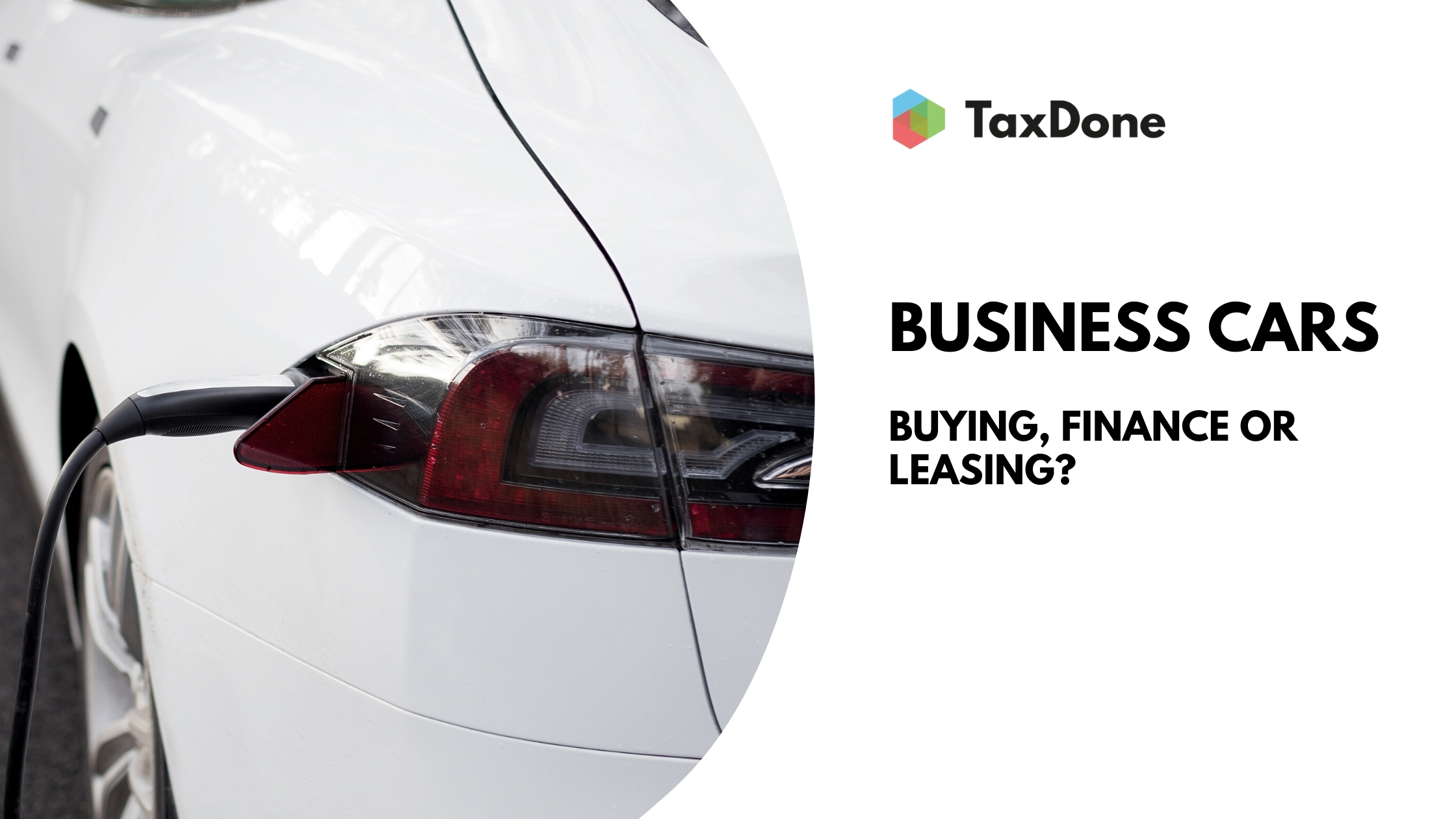So you are thinking of buying a company car, perhaps because your business depends on it or maybe you’ve finally got enough income coming in and simply want to utilise the benefits of buying the car under the company instead of through a personal purchase.
Whatever the reason, it is important to consider the different routes to car ownership and the different tax treatments and benefits based on which method you choose. After all, you have plenty of options, but which is best for your personal and business circumstances?
Please use this post as a guide and refer to any links throughout, or at the end of, this guide. Note that the information contained in this guide is provided solely for information purposes and should not be taken as legal advice. Although we try to keep everything up to date, the tax system is ever-changing and it is best to consult a professional regarding your own personal circumstances.
Last updated: 24th September 2020
What’s the difference?
First and foremost, I think it is important to cover what the different terms of acquiring the car mean in the context of this article. Bear in mind, it is always worth checking with your supplier what contract you are getting into and how they define each of the terms set out in the agreement.
Buying – when you acquire full ownership of the car in exchange for a lump cash sum of the full value up front.
I.e. Paying £52,300 for a new Tesla Model 3.
Financing – when you get into any kind of loan scheme or agreement to help you finance the acquisition of the car, with it’s value divided into regular payments made over a longer period of time, at the end of which you keep it. This method typically attracts an extra interest amount on top of the value of the car. This could also involve what’s called a Hire Purchase lease.
I.e. Paying £9,000 up front and then £870 monthly for 60 months to acquire a Tesla Model 3.
Leasing – when you effectively “rent” the car without becoming the rightful owner. This typically means you pay a lower monthly fee but do not actually end up owning the car after the contract period spans, instead, you typically get an option to either end the contract or take out a new model of a similar car or upgrade your lease.
I.e. Paying £549 monthly for 48 months to use a Tesla Model 3.
Key Facts
Buying
- You are the owner of the vehicle.
- The vehicle purchase is treated as an asset for accounting purposes.
- You may be able to claim Capital Allowance as relief against Corporation Tax.
- You can only reclaim 100% of the VAT if the vehicle is exclusively used for business (no personal use). Otherwise, any personal use means no VAT can be claimed at all.
Financing
- You are the owner of the vehicle.
- The vehicle value part of the cost is treated as an asset for accounting purposes, with the interest portion treated as an expense.
- You may be able to claim Capital Allowance as relief against Corporation Tax on the value of the vehicle. You may also be able to claim the interest charged as an expense against taxable profits.
- You can only reclaim 100% of the VAT if the vehicle is exclusively used for business (no personal use). Otherwise, any personal use means no VAT can be claimed at all.
Leasing
- You are not the owner of the vehicle.
- The total cost is treated as an expense for accounting purposes.
- Monthly expense payments can be offset against taxable profits.
- You can only reclaim 100% of the VAT if the vehicle is exclusively used for business (no personal use). Otherwise, 50% of the VAT can be claimed only on the finance element.

